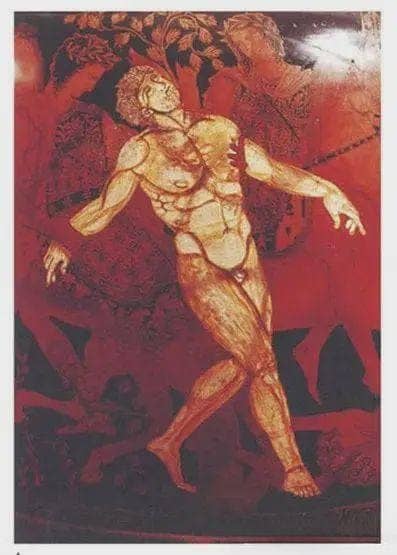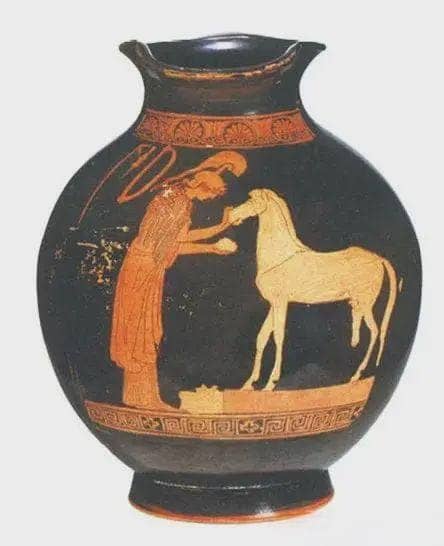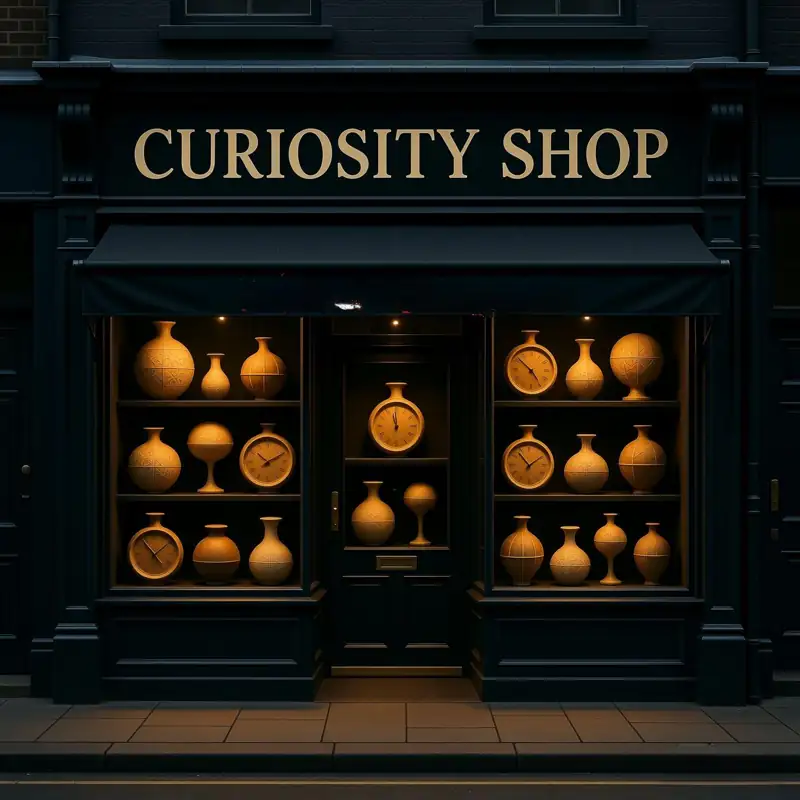The first robot to stride across the Earth was a towering bronze giant named Talos. Its birthplace was far from the robotics labs of MIT, instead springing from the hands of Hephaestus, the divine artisan of Greek mythology. Long before modern science, the Greeks of the Homeric age had already imagined robotic servants, self-moving statues, and even rudimentary forms of artificial intelligence. Across the seas, Indian legends tell of sacred relics left by the Buddha, guarded by robotic warriors—strikingly inspired by the real automata of Greece and Rome. From Jason and the Argonauts, Medea, Daedalus, and Prometheus, to the fabled Pandora’s Box, echoes of mythical automata are everywhere; many of these machines were said to be crafted from the same materials and with the same techniques that human artisans used for tools and sculptures. In truth, ancient civilizations bore witness to the rise of remarkable mechanical creations, reaching their zenith in the scholarly city of Alexandria—the Silicon Valley of antiquity—where astonishing automata sprang to life in a dazzling display of ingenuity.

Adriana Mayor’s Gods and Robots: Myths, Machines, and Ancient Worlds offers a groundbreaking exploration of humanity’s eternal pursuit of creating artificial life. Through this work, we gain insight into how the myths of ancient Greece, Rome, India, and China envisioned artificial life, automata, self-moving devices, and human-enhancing technologies—and how these mythological concepts reflect the real mechanical creations of the ancient world, together illustrating the brilliance of human intellect and imagination.
Moreover, this captivating, richly illustrated book reveals how ancient myths anticipated many cutting-edge innovations in today’s robotics and artificial intelligence, while also highlighting how science has always been driven and inspired by imagination. Drawing on extensive historical and cultural context, the author skillfully juxtaposes the ancient Greek visions of artificial life and intelligent machines with the development of modern AI technologies, presenting readers with a magnificent tableau that spans across time and space.
What is the meaning of human existence? Are we, beings who pride ourselves on reason, nothing more than puppets in the hands of the gods? For centuries, the ancient Greeks grappled with such questions, and the myths they bequeathed stand as mirrors to their deepest contemplations and inner explorations. The tangled web of emotions between gods and mortals reveals not only humanity’s profound yearning to command—or even transcend—nature, but also the shadow of fear that accompanies such ambition.
In our era of rapid technological advancement, the line between divinity and humanity grows ever more indistinct, and we are confronted with a dazzling yet unsettling mix of wonder and apprehension toward the powers technology wields. Yet this is not a phenomenon unique to our times. Nearly three millennia ago, the Greeks were already envisioning, with remarkable imagination, the future of artificial life, genetic innovation, automata, and even the seeds of what we now call artificial intelligence. Across the span of centuries, their visions echo with the same curiosity, awe, and apprehension that we feel today—a timeless dialogue between humanity, imagination, and the unknown.
Prometheus molded humanity from clay and stole the sacred fire from the heavens; Icarus and his father gathered feathers to fashion wings in a daring bid to escape the labyrinth’s confines; Hephaestus forged colossal bronze automatons to guard the island of Crete; Pygmalion’s ivory statue, touched by divine grace, transformed into a living maiden with alabaster skin; and Pandora, brought to life as a sentient doll, was sent by Zeus to the mortal world, opening the box that unleashed calamity. Astonishingly, ancient Indian scriptures recount that the Buddha’s relics were fiercely protected by armed automatons, their designs inspired by the intricate mechanisms of ancient Greece and Rome.
Viewed through the lenses of biotechnology and mechanical engineering, these myths—once regarded as mere fantasy—reveal themselves as visionary tales, blending imagination with proto-scientific ingenuity, and granting these ancient stories a wholly new resonance and meaning.

Although the imaginings of ancient mythology and the technological inventions of the time were far from what we now call machinery or artificial intelligence, the scientific insight and visionary foresight they contained—resonating with modern technological concepts—are impossible to ignore. Nearly 2,500 years before the advent of cinema, Greek vase painters employed an almost cinematic technique to bring to life the stories of Talos, the bronze robot warrior; Medea, the high-tech sorceress; and Pandora, a female automaton sent to Earth to carry out dark deeds. These tales would go on to inspire countless classic myths.
Centuries later, their echoes can be traced in films such as Metropolis (1927), Frankenstein (1931), Jason and the Argonauts (1963), and Blade Runner (1982, with the 2017 reboot), as well as in contemporary sci-fi series like Westworld and Mechanical Frontiers. Across millennia, the imagination of the ancients continues to reverberate, shaping the way we envision the intersection of humanity, machines, and the unknown.
These visions reveal humanity’s enduring quest to conquer aging and death, to augment our own capabilities, and even to bring forth “artificial life” endowed with autonomous consciousness. Yet, as artificial intelligence advances at unprecedented speed, we face ever more profound ethical and practical dilemmas. Adriana Mayor, through careful analysis and reflection, exposes the roots and essence of these challenges.
When robots and AI begin to exercise independent awareness and decision-making, how do we define their identity and rights? When these technologies are harnessed for military or political ends, how can we ensure that their use remains aligned with moral and legal principles? These questions extend far beyond the realm of technological innovation—they strike at the heart of humanity’s future and the very fate of our species.
